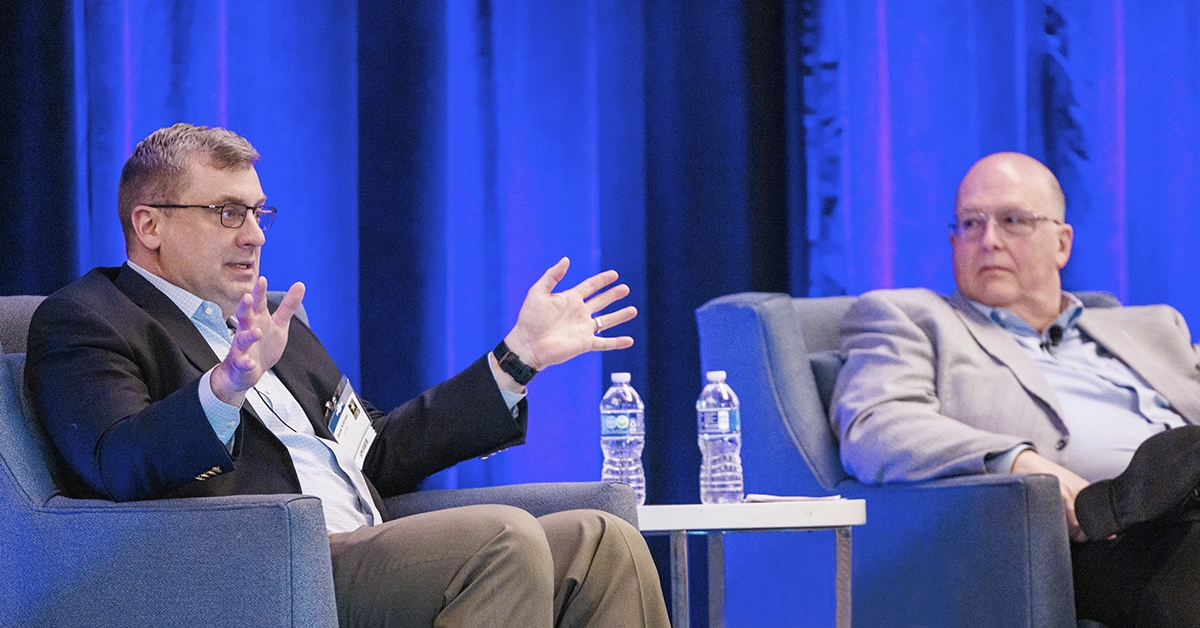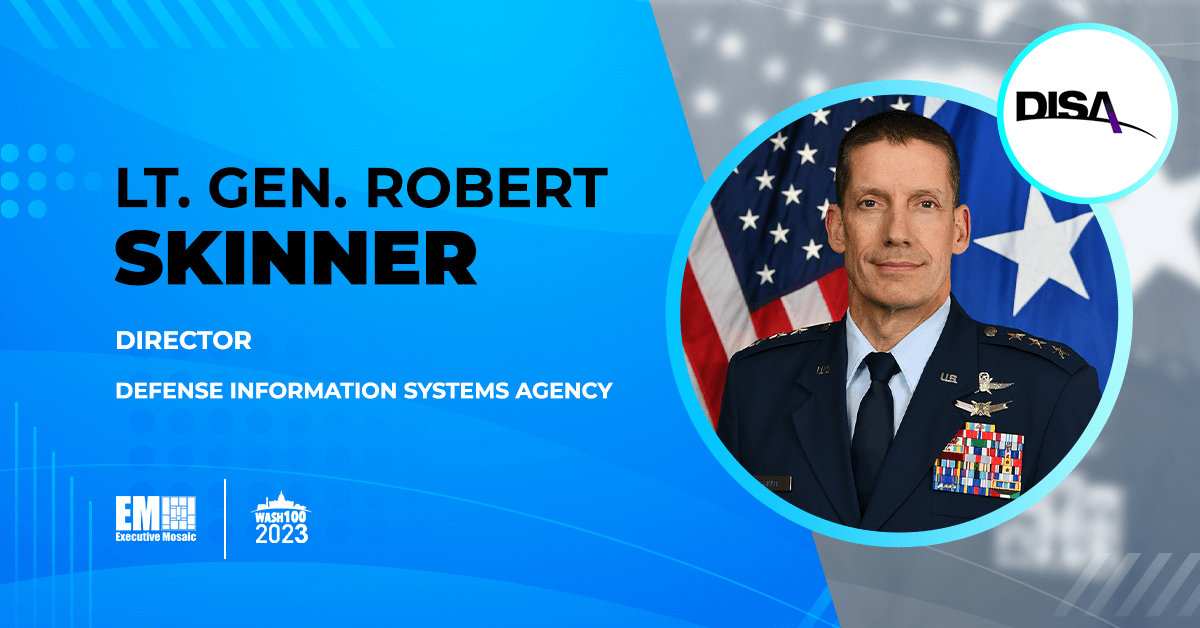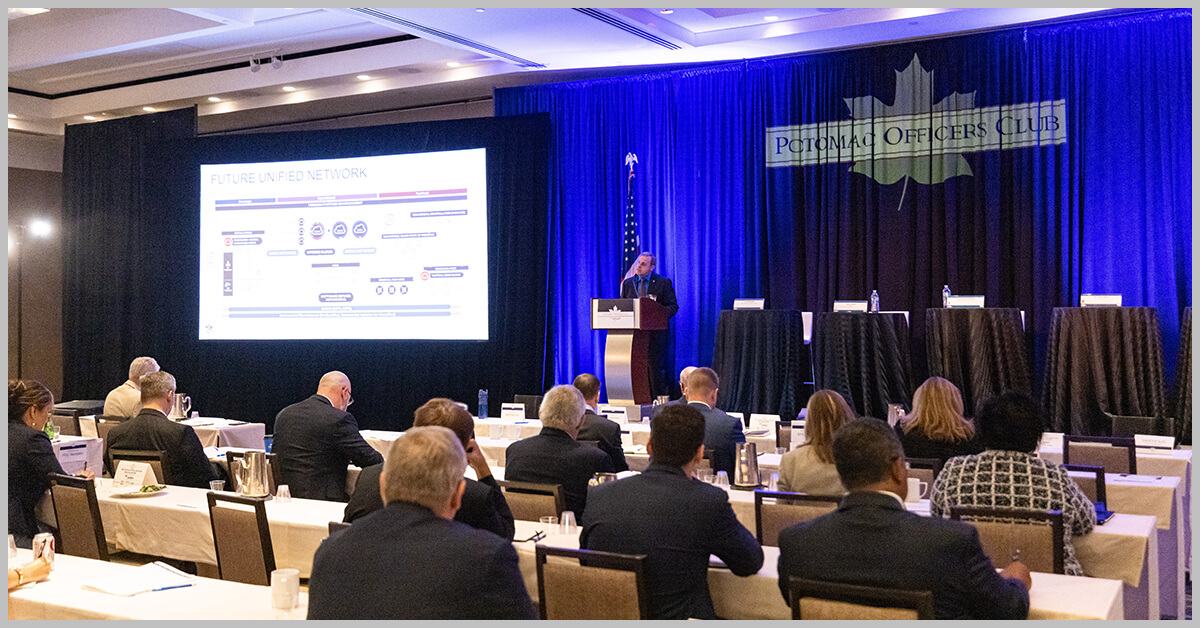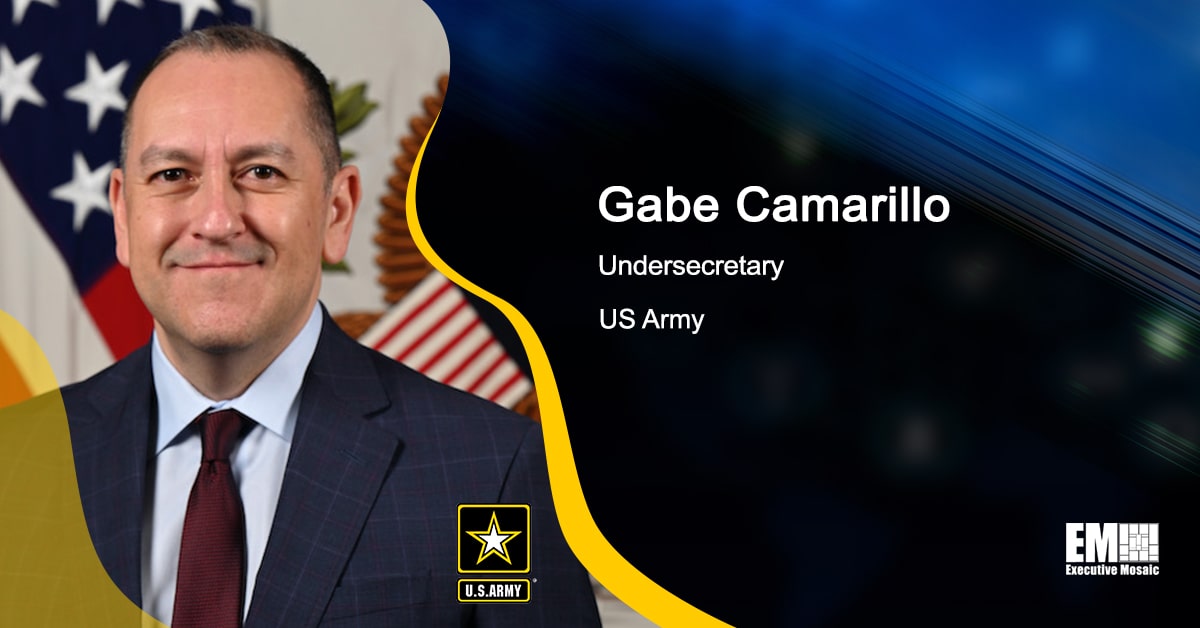Government leaders are moving toward a hybrid cloud approach as cloud technologies and data needs continue to evolve. Officials from the Defense Information Systems Agency and the Army’s Enterprise Cloud Management Agency spoke about how their organizations are embracing hybrid cloud and the new opportunities emerging in this area.
Roger Greenwell, CIO and director of enterprise and innovation at DISA, said the Department of Defense “has to maintain a hybrid model” due to the nature of its missions and the wide range of classification levels it deals with.
“As we think about certain services and certain capabilities, depending upon the state of our country and the health of our nation, we may need to pull data more back on-prem and not be able to take advantage of cloud as much as we want to,” Greenwell shared during the Strengthen Mission Success: Navigating Multicloud Strategies panel discussion at the Potomac Officers Club’s 5th Annual CIO Summit.
“How do we modernize both our on-prem capabilities, leveraging more in a hybrid way, but realizing that we have to have that maneuverability back and forth between on-prem, cloud and in the commercial spaces? And at all classifications,” he added.


The U.S. Army is grappling with this question too — and according to Darek Kitlinski, chief of the cloud services division within ECMA, the service branch is making some major changes.
“We are putting in new policies, new procedures, and it’s much, much, much, much needed for the Army, with the size and the amount of adoption that’s needed,” said Kitlinski.
Kitlinski shared an example of a “drastic” change being made within ECMA: the agency wants to take a more hands-on, informed approach to how it serves its customers.
“In the past, when we had customers come through the door, they came in and they wanted to explore, and they would of course begin their journey and try to figure some things out. That’s not going to be acceptable now,” he shared. “We’re going to really have an emphasis on having that knowledge and that experience before you even come through the door.”
“We’re going to expect our customers, our Army mission owners to have a relationship with either CSPs or vendors to help shape what that art of the possible is,” Kitlinski continued.
Kitlinski shared that this change will help ECMA and its customers move much more quickly. And, he said it’s a “much needed move” in the right strategic direction.
Defense Officials’ Thoughts on AI
Further on in the discussion, moderated by Oracle’s Mark Andress, the two panelists shared their thoughts on AI in the federal landscape, and even how it can enable hybrid and multi-cloud missions.
Greenwell noted that while AI can help manage massive amounts of data, it can also put data at risk, highlighting a need for enabling AI across classification levels.
“I am not in any way saying that AI is not necessary. It absolutely is,” he shared. “We cannot continue to do what we’ve done in the past, which is try to, I’ll use the term, ‘people our way out of it’ — ‘Well, we’ve got more data, let’s just assign more people to look at it and look for signatures, et cetera.’ We have to take advantage of AI, but we have to figure out how to do this in a smart way.”
Kitlinski shared that cloud is actually crucial to any organization’s adoption of AI.
“To do AI/ML properly, you need enterprise cloud. This is something that you could try on-prem, but to do the amount of store and compute that’s needed, you’re going to need enterprise cloud,” he urged.
Don’t miss out on more first-hand insights straight from government leaders. Join the Potomac Officers Club’s next summit, the 2024 Cyber Summit on June 6. Register here for your chance to meet, learn from and network with public and private sector cyber experts and leaders.










